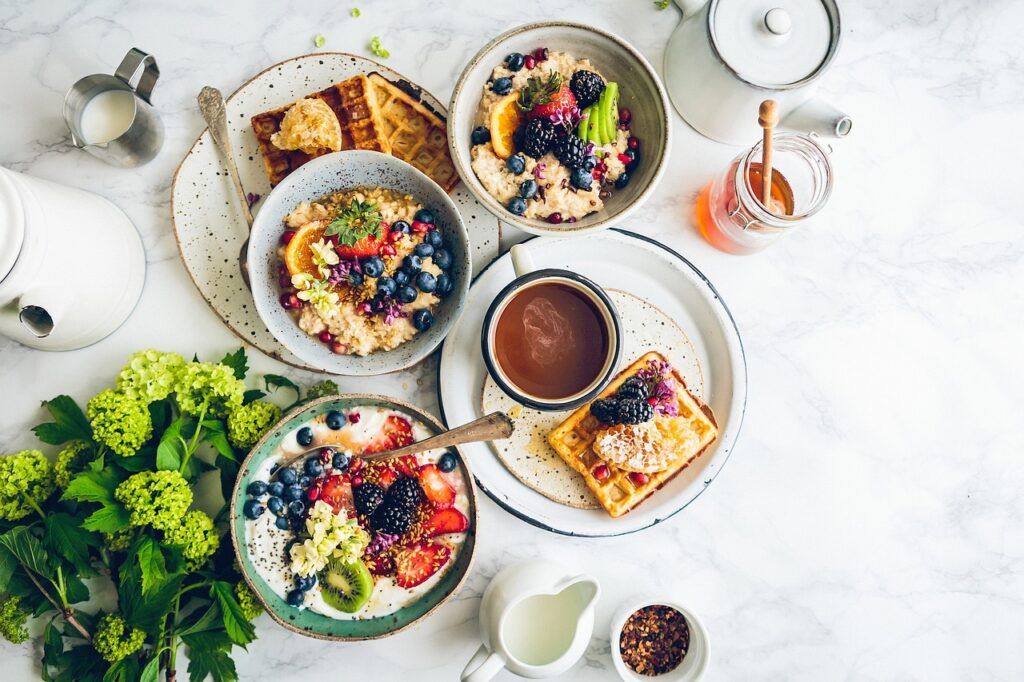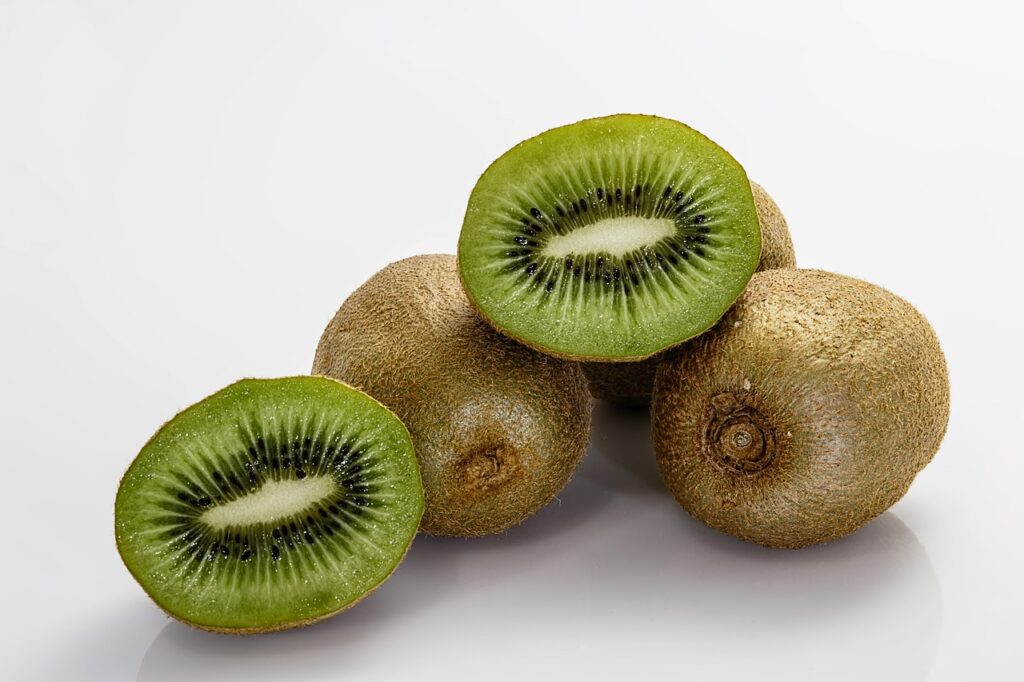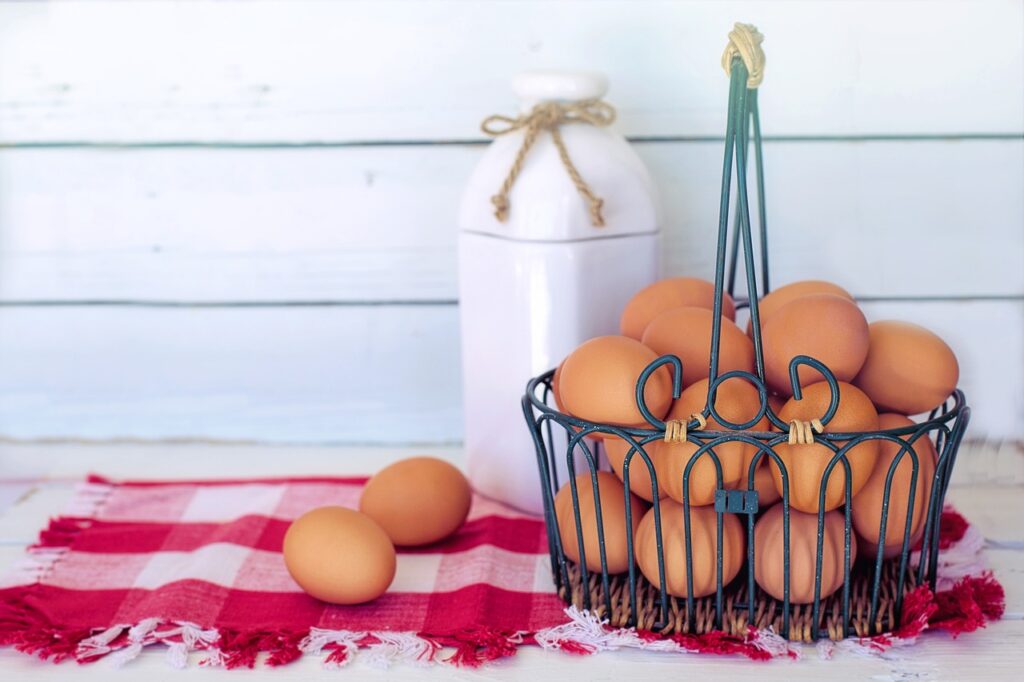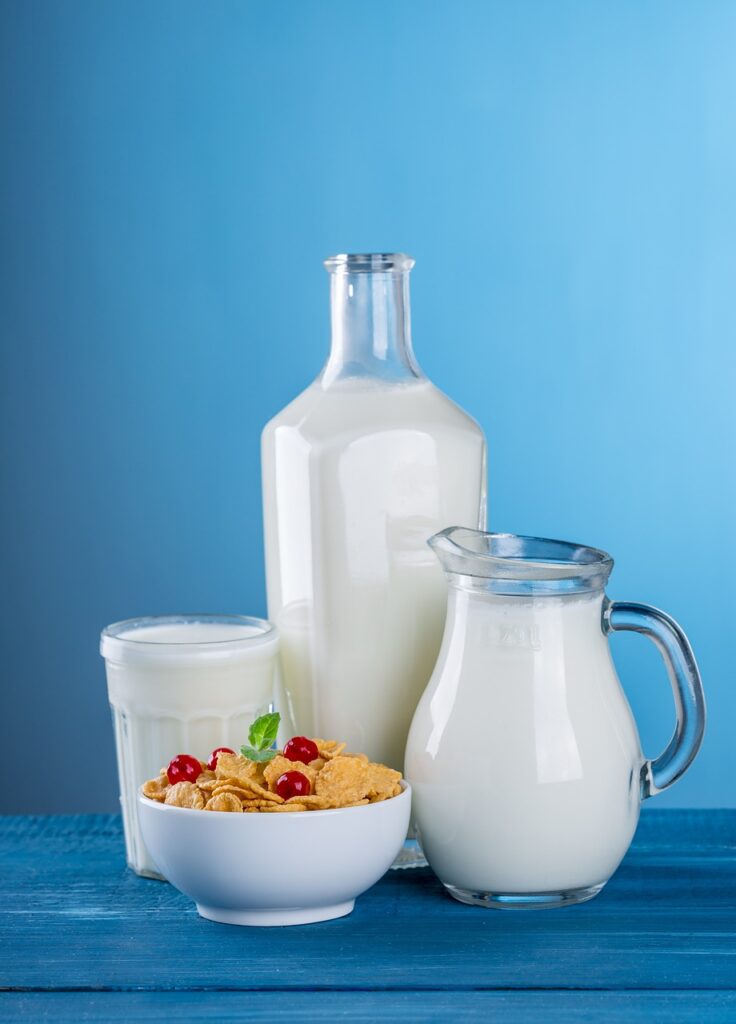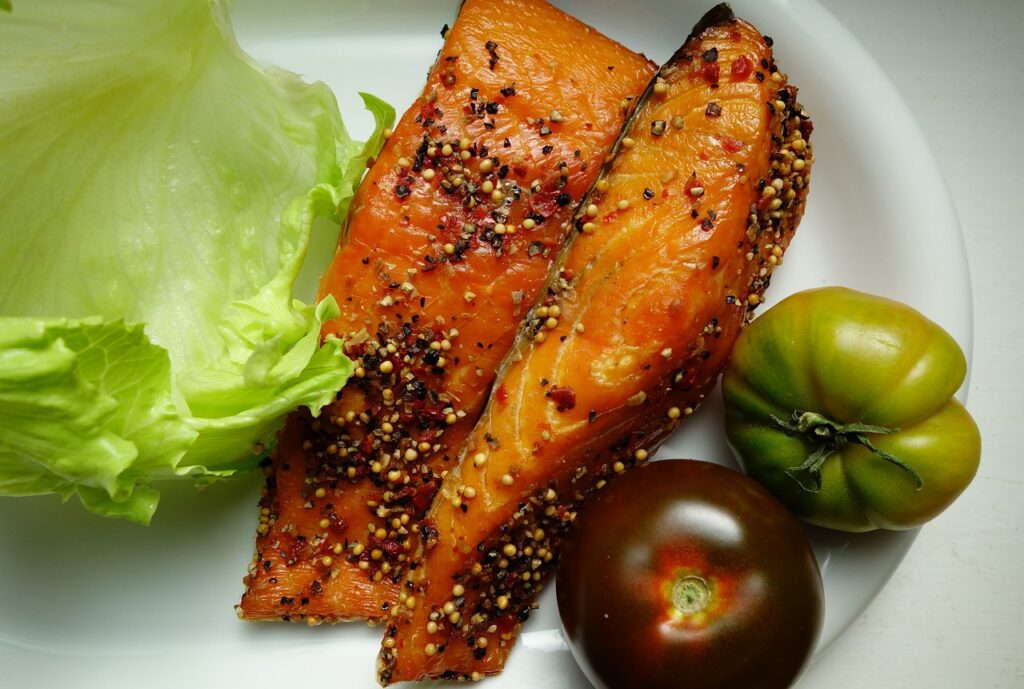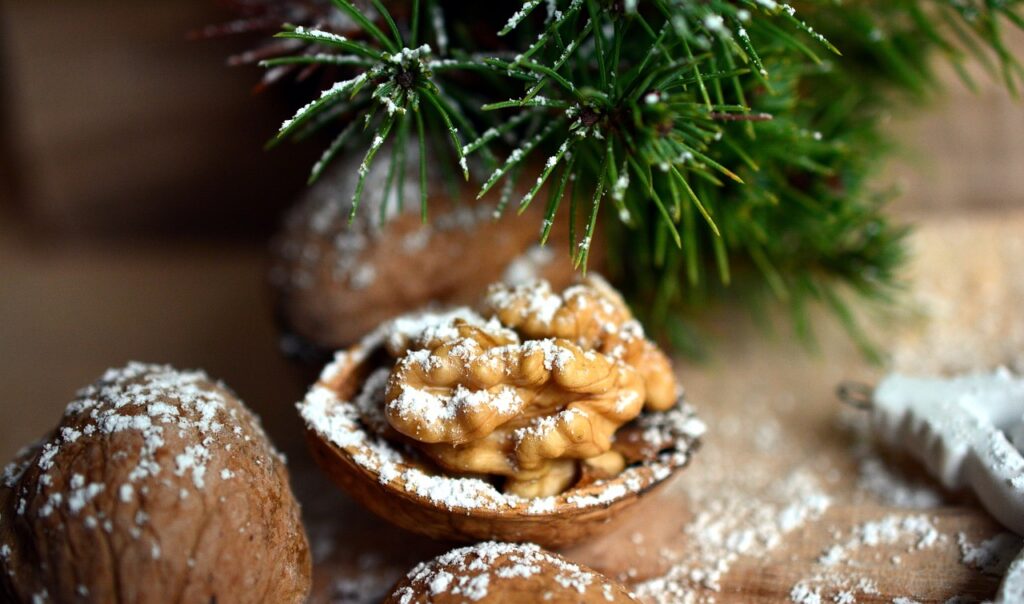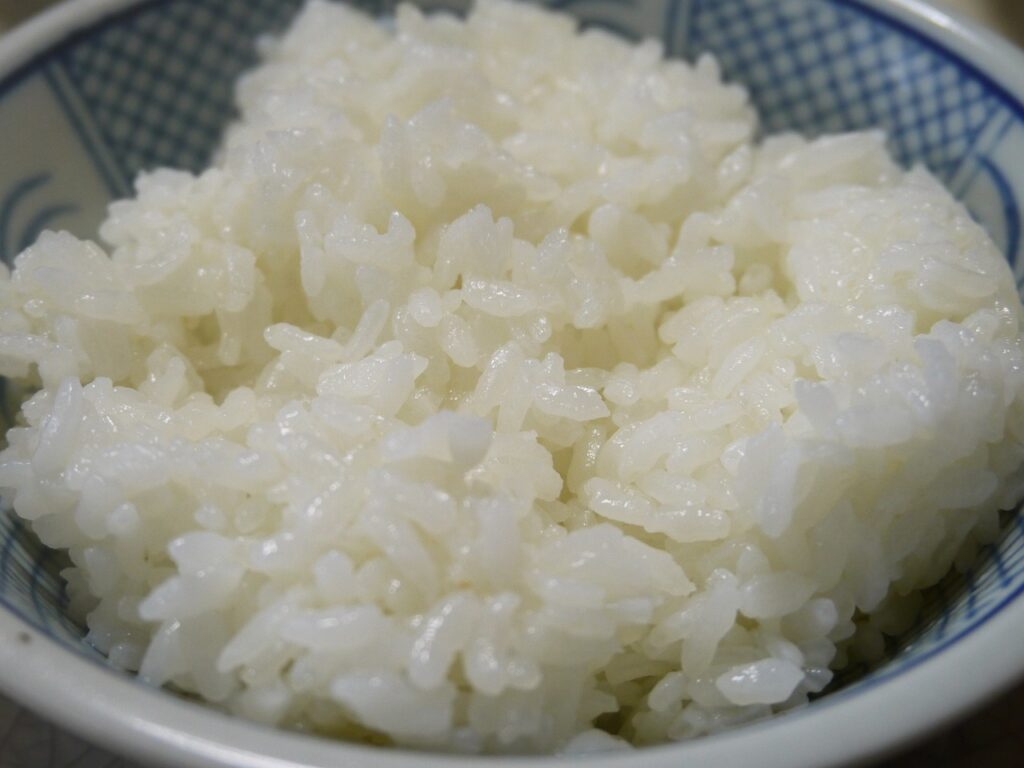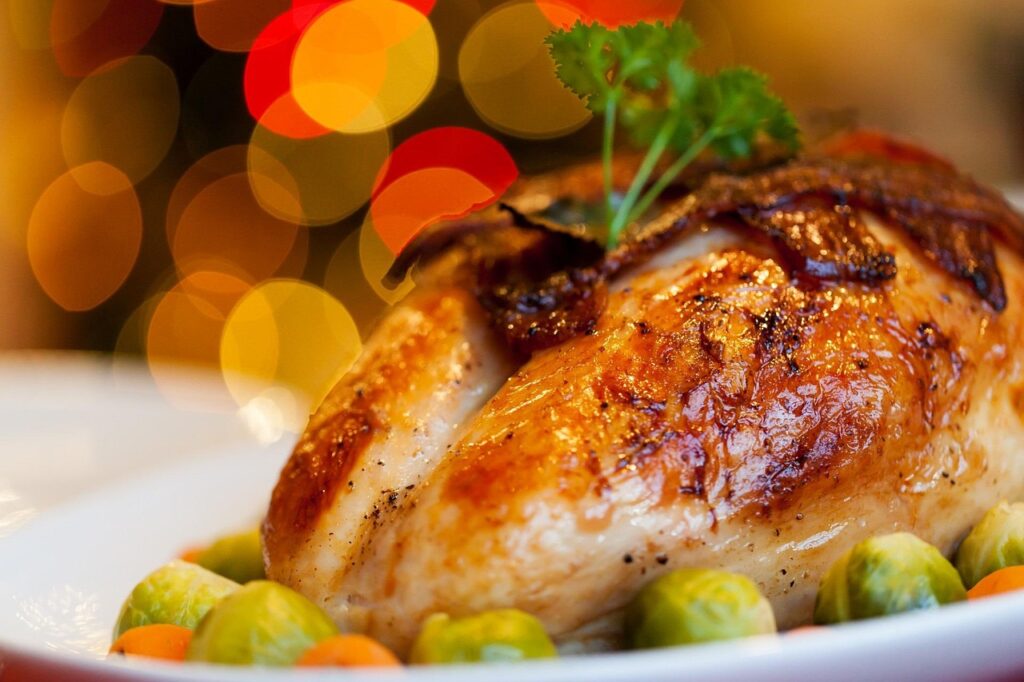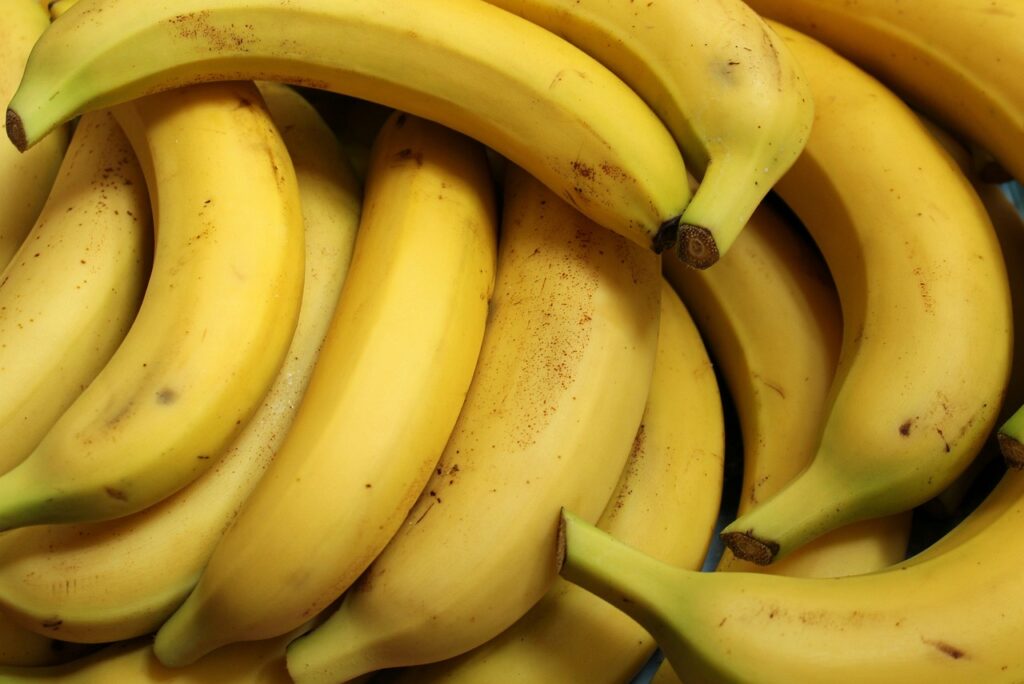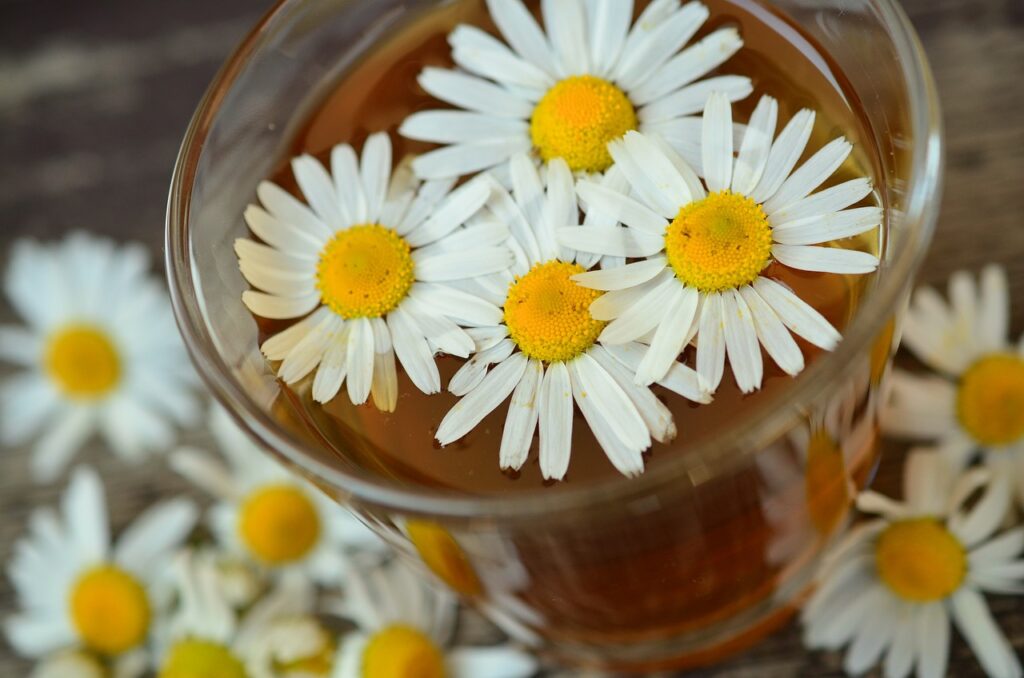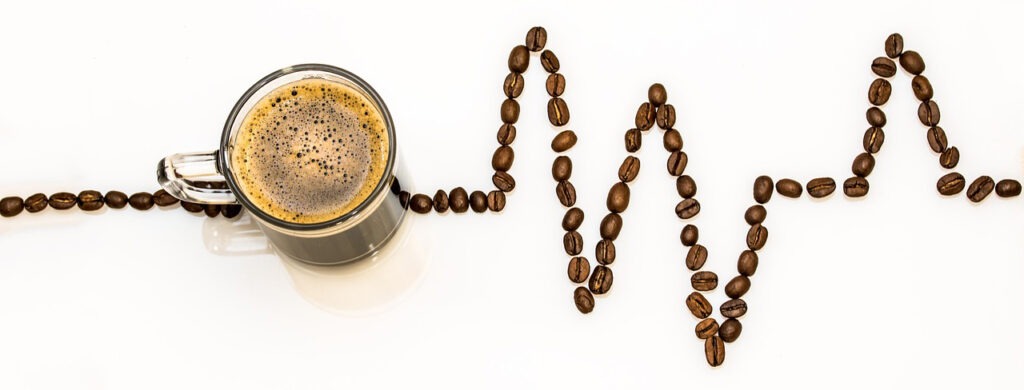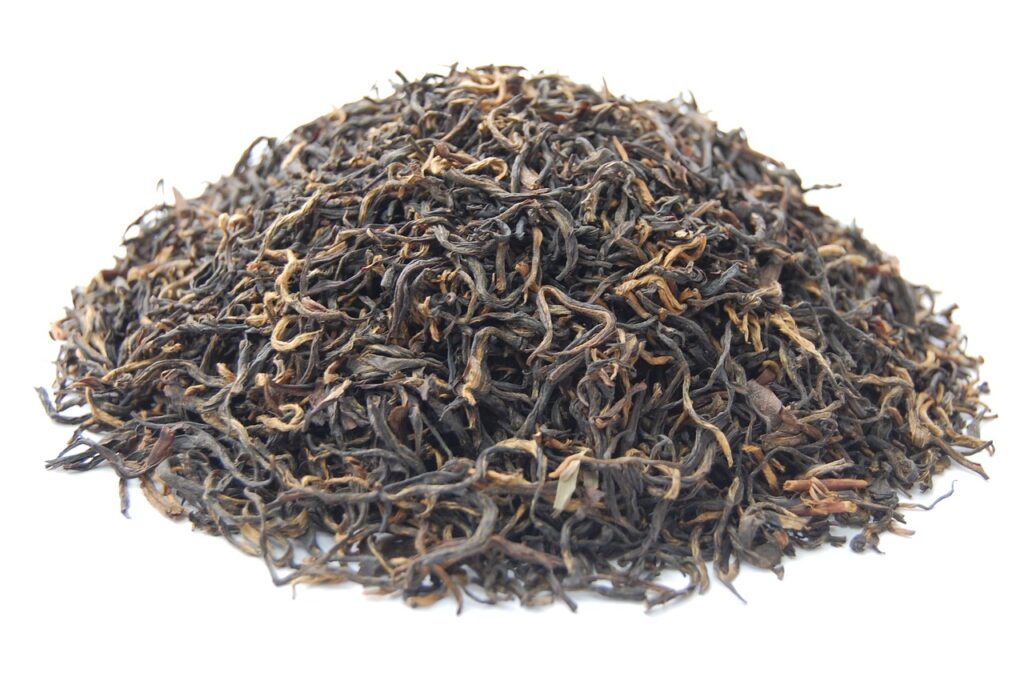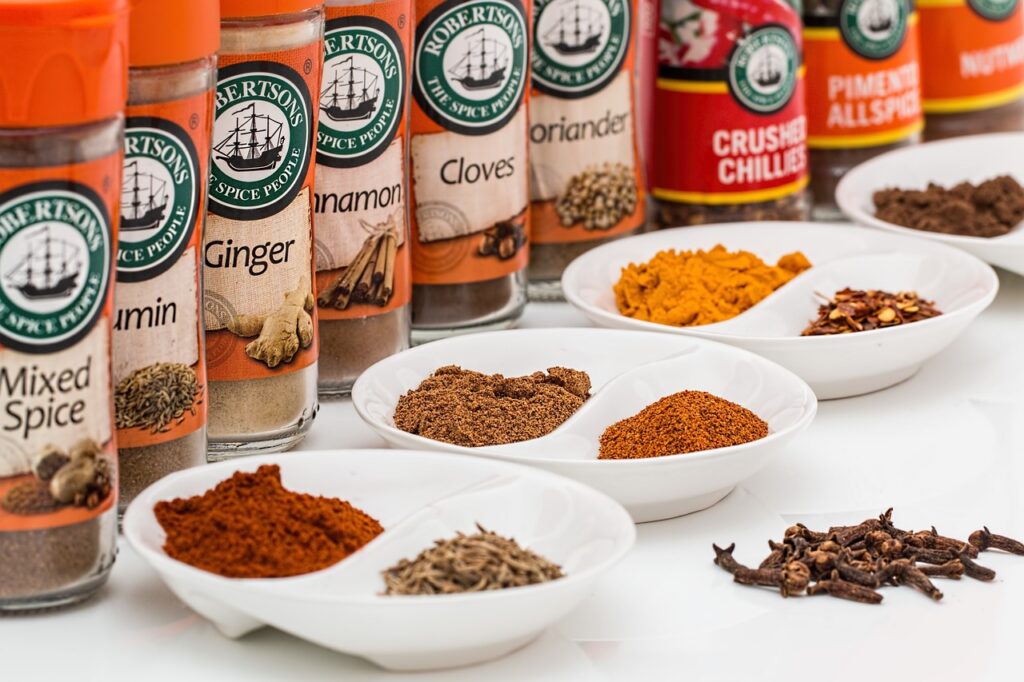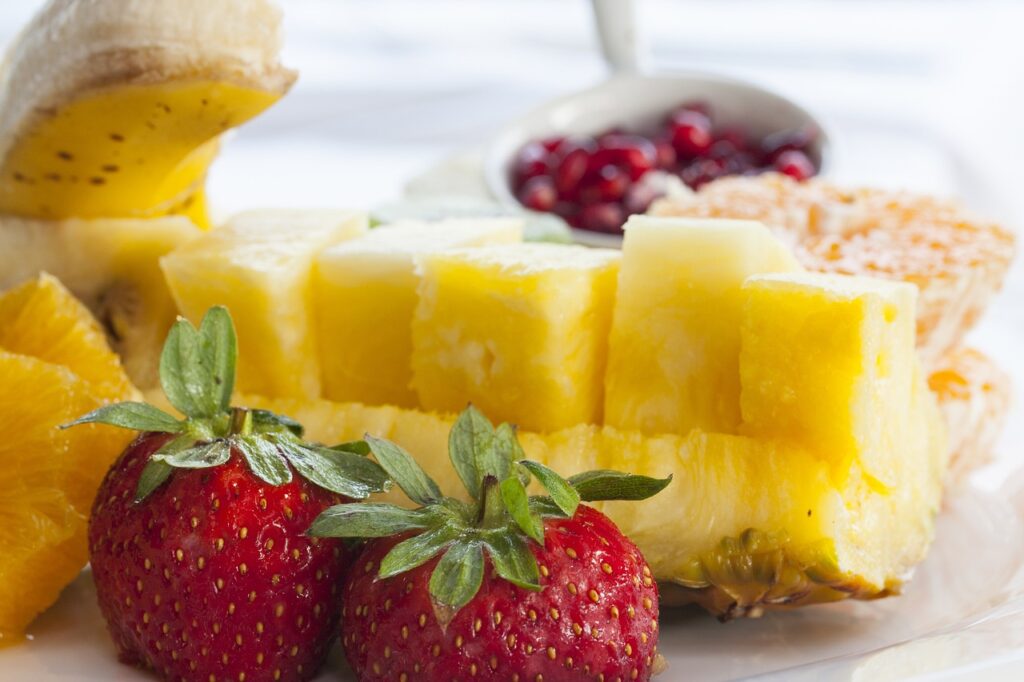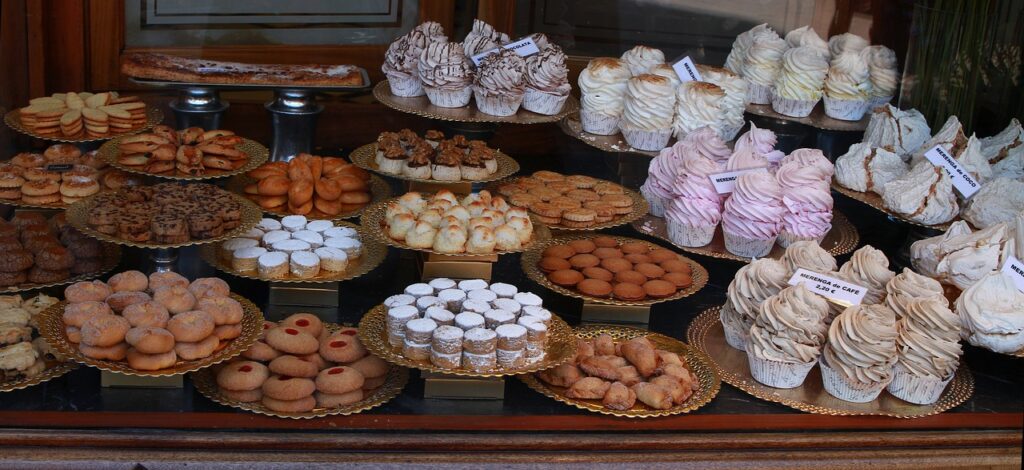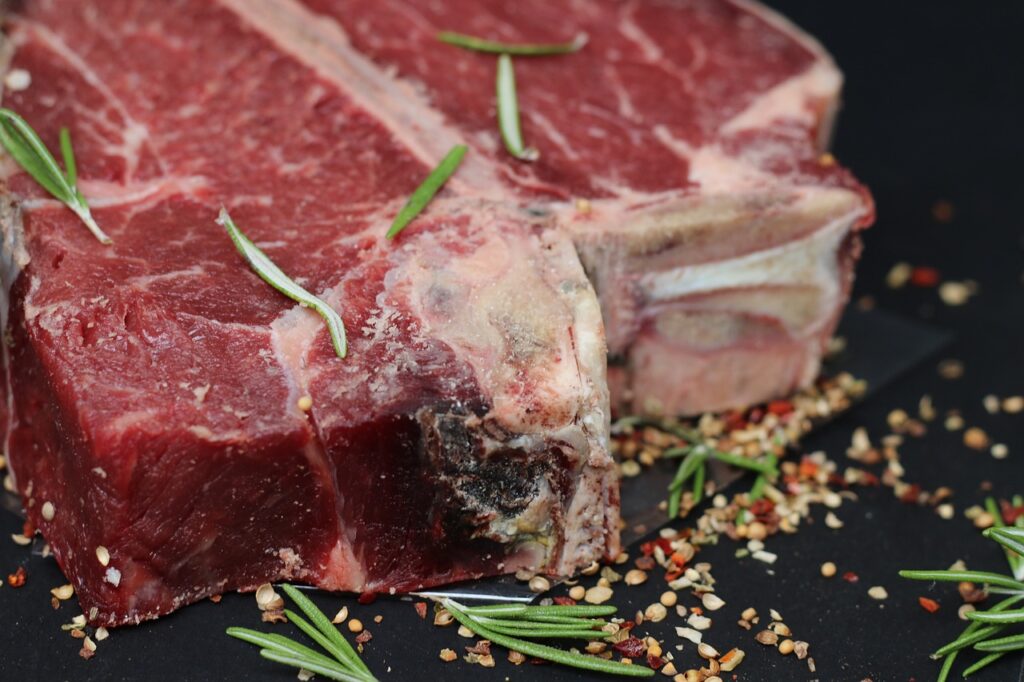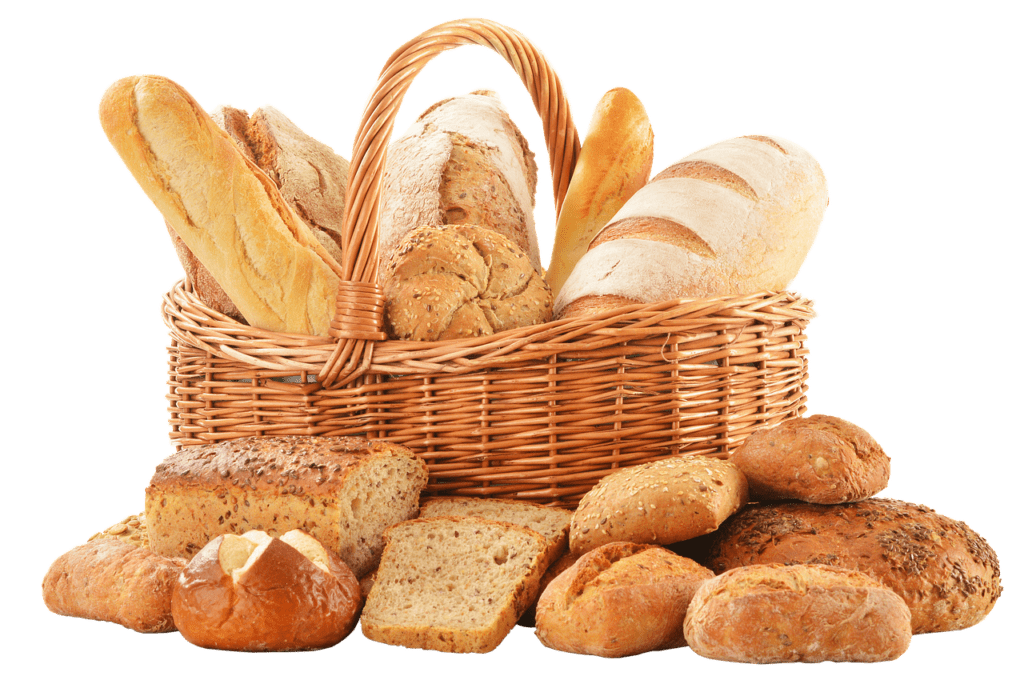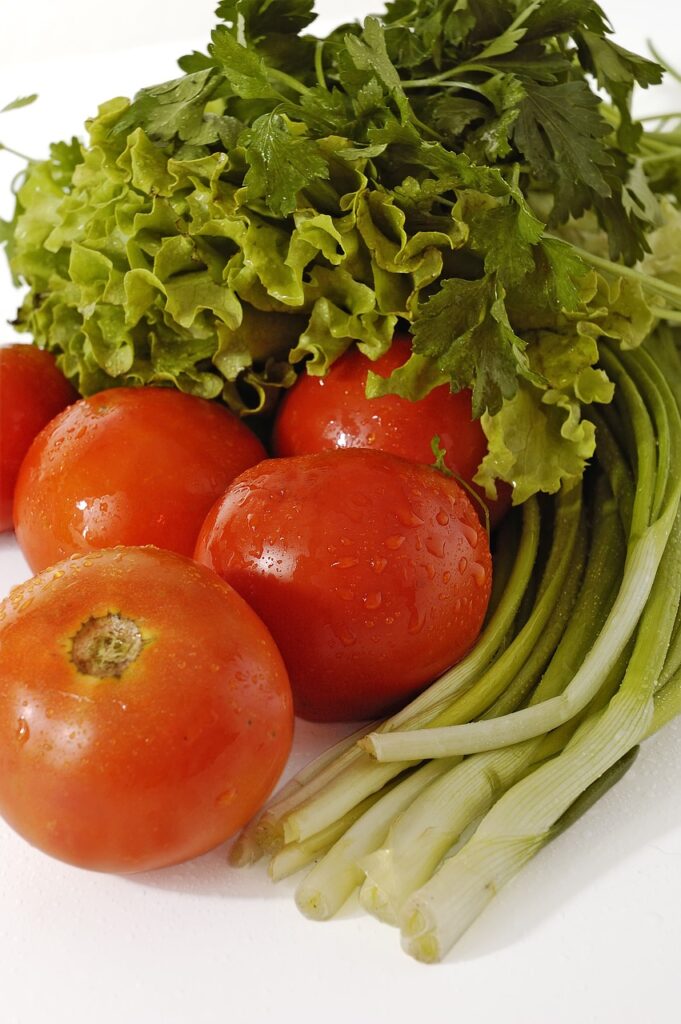Introduction
We require food, water, and sleep to survive each day. While we may believe that sleep only allows our worn-out body to relax, our brain is still busy all night. Both cognitive and bodily functioning depend heavily on sleep. Your food habits are essential for getting good sleep. Learn how the timing of your meals and the foods you choose might affect your health. There is a link between eating well and sleeping well. For instance, diets heavy in saturated fat and low in fibre may reduce the quantity of deep sleep you obtain. Sugar in excess can make you wake up more frequently. Poor sleep can also result from eating certain foods and drinking certain beverages before bed. What you choose to eat and drink may be the cause of your inability to get sleep and remain asleep.
What is the Relationship between Sleep and Nutrition?
Although it’s no secret that both sleep and nutrition are essential for good health, their intricate interrelationships are routinely disregarded. Your diet and nutrition may affect the quality of your sleep, and some foods and beverages may make it difficult for you to obtain the rest you need. Getting enough sleep is also linked to maintaining a healthy body weight, which is advantageous for those wanting to reduce weight. Understanding the links between nutrition and sleep opens chances to improve both to eat shrewder, sleep better, and lead healthier lives.
1. Nutrition Defined
Nutrition comprises food and other elements that provide the body with energy and allow it to function correctly. Minerals, vitamins, and macronutrients make up human nutrition. Carbohydrates, protein and amino acids, lipids, fibre, and water are examples of macronutrients. There are 13 important vitamins, and each one has a unique role in numerous bodily processes. Numerous bodily processes depend on a variety of minerals. It is categorized as a macro or trace mineral depending on how much of a particular mineral we require. A balanced macronutrient balance and the required amounts of vitamins and minerals must be consumed to maintain proper nutrition. Although food provides most of our nutrition, other sources, including beverages and dietary supplements, also play a role.
2. How Nutrition Affects Sleep and How Sleep Affects Nutrition
Despite being a cliche, the saying “You are what you eat” captures the importance of nutrition in maintaining good health by giving us the energy we require and other nutrients that enable healthy bodily functions. Even while the links between nutrition and heart health, diabetes, obesity, and other conditions are widely known, many people are unaware that their food may make it difficult to fall asleep.
Sleep problems are the root cause of several sleeping issues. Obstructive sleep apnea (OSA), which impairs breathing and results in many overnight awakenings, is one of the most severe sleep disorders that is closely related with obesity. So, a bad diet that results in extra body weight might either cause or make this sleep issue worse. Alcohol is believed to exacerbate obstructive sleep apnea because it weakens the muscular tone in the airways throughout the night. As a result, the upper airway becomes more blocked while sleeping.
On the other hand, sleep is required for the body to work correctly. A growing body of data supports its significance in preserving optimal nutrition and healthy body weight, and it helps the brain and body to relax and recuperate. There are several studies that have connected high risk of obesity and cardiovascular issues with lack of sleep. According to numerous studies, people who don’t get enough sleep are more likely to increase their food intake without increasing their energy expenditure. This is made worse because lack of sleep also leads to a propensity to choose high-calorie foods with minimal nutritious value.
These poor dietary decisions linked to inadequate sleep are thought to be driven by certain hormones. Even after brief intervals of insufficient sleep, the regular production of leptin and ghrelin, hormones that help control appetite and hunger, is disrupted. Lack of sleep may also influence other brain chemicals that influence how we decide what to eat. Additionally, it is well-known that lack of sleep impairs memory, judgment, and mood, all of which can impact the kinds of foods we eat regularly.
Types of Foods that Promote Good Sleep
There are numerous things you may do to encourage sound sleep. By limiting your screen time before night, ensuring that your room is cool and dark when it’s time for bed, or even experimenting with popular sleep-coaching apps, you may already be engaging in good sleep hygiene. You may need to be made aware that what you eat and drink throughout the day can impact how well you sleep at night. If you’re having trouble sleeping, looking at your nutrition may provide some answers. Even if you currently get enough sleep, improving your diet with meals or beverages may improve your sleep even more.
1. Carbohydrates with a complex structure
Select from whole-grain products, including crackers, bread, cereal, pasta, and brown rice. Refrain from consuming simple carbohydrates in bread, pasta, and sugary meals like cookies, cakes, and pastries. These do not aid in sleep and frequently lower serotonin levels.
2. Healthy lean proteins
Low-fat cheese, chicken, turkey, and fish are lean proteins. Tryptophan, an abundant amino acid in certain foods, has been shown to raise serotonin levels. Soybeans, pumpkin seeds, and egg whites are other foods that contain tryptophan. Conversely, avoid foods like deep-fried fish, chicken wings, and high-fat cheeses. These require more time to digest and can keep you up at night.
3. Heart-friendly fats
In addition to improving your heart health, unsaturated fats will raise your serotonin levels. Examples include nuts like walnuts, almonds, cashews, pistachios, and peanut butter. Avoid foods high in saturated and trans fats, such as potato chips, French fries, and other high-fat snacks. Your serotonin levels decrease as a result.
4. Magnesium-rich foods
Magnesium is a vitamin connected to excellent sleep quality, just like tryptophan. Consider including a leafy green like spinach, vital in magnesium, when choosing your supper vegetables. Other foods high in magnesium include black beans, avocados, nuts, and seeds.
5. Beverages and Fresh Herbs
Certain beverages can help or hinder sleep. Warm milk or herbal tea like chamomile or peppermint are relaxing drinks before bed. If you have trouble falling asleep, nutritionists advise consuming your final cup of coffee by 2:00 p.m. Different people react differently to caffeine, and even a modest dose of the stimulant can keep you awake.
Meanwhile, your body may get a relaxing impact from fresh herbs. Sage and basil, for instance, provide compounds that ease stress and encourage sleep. Make your own pasta sauce at home using basil and sage. It’s simple, and homemade sauces typically contain less sugar than the grocery store. The stimulant properties of herbs like red or black pepper should be avoided at night.
Best for Sleep Foods
Pre-bedtime snacks require just as much consideration as the rest of your diet. One of life’s small joys and something to look forward to is nibbles before bed. Smart snackers are also aware of the potential a nighttime snack presents to improve their nutrition, advance their dietary objectives, and facilitate a better night’s sleep. It has been proven that certain foods—or the nutrients they contain—can aid in getting a better night’s sleep.
1. Kiwi
Despite being cultivated worldwide, the kiwi or kiwifruit is a small, oval-shaped fruit often associated with New Zealand. Kiwis come in green and gold varieties. Green kiwis are produced more frequently, though. Kiwis are rich in many vitamins and minerals such as vitamins C and E, potassium, and folate. Numerous research have shown a connection between eating kiwis and greater sleep. In a study, participants who ate two kiwis an hour before night said their sleep was more restful and longer-lasting. Kiwis contain antioxidant properties, the ability to make up for folate deficiencies, and a high serotonin concentration, but the precise reason why they may promote sleep is uncertain.
2. Eggs
Due to the presence of melatonin in eggs, they rank among the best foods to eat for better sleep. Melatonin, a hormone our bodies create to control our circadian rhythms and enhance our sleep cycle, can be found in a few foods. Because eggs contain a lot of melatonin, you should include them in your meals for better sleep.
3. Milk
Tryptophan can be found in milk thanks to its protein content. Tryptophan has a soothing impact when consumed in enormous doses, which may aid with sleep. Starting your day with a warm cup of milk will help you feel even better if you already consume meals high in tryptophan. Dairy products like milk, yoghurt, and cheese also have the advantage of helping you feel fuller between meals due to their high protein content. You won’t go to bed hungry thanks to this. Milk can aid in relaxation and setting you up for dreamland thanks to its tryptophan content, protein content, and the calming effects of a warm beverage.
4. Fatty Fish
Omega-3s, a form of unsaturated fats that can support healthy brain function and mental health and help with improved sleep, are abundant in fatty fish like salmon, mackerel, and sardines. Salmon and other fish have minerals like vitamin D and omega-3 fatty acids, which help control our serotonin levels, so eating them two to three times a week can be good. There are various ways to include these fish in your diet, and it won’t be difficult.
5. Tart Cherries
Tart or sour cherries differ from sweet cherries in flavour, as their name suggests. Using sour cherry juice may improve the quantity and quality of your sleep. It’s still being determined exactly how it promotes sleep. Compared to pre-study levels and those who drank a fruit-flavoured beverage, persons who drink cherry exhibit gains in sleep duration and quality. These advantages may result from tart cherries’ higher-than-average melatonin concentrations. This hormone helps control circadian rhythm and encourage sound sleep. Tart cherries may have a sleep-promoting antioxidant impact.
6. Walnuts
Due to its high melatonin content, an essential plant compound for promoting a regular sleep cycle, walnuts make a fantastic bedtime snack. You can improve your sleep quality by consuming nuts that naturally contain magnesium. A calmer nervous system can aid you in getting some sleep because this mineral links to a neurotransmitter essential for relaxing nerve activity. Depression may make it difficult for you to sleep or stay asleep. According to research, persons who consistently consume nuts like walnuts have lower depression scores than those who don’t.
7. Rice
Overall, research on carbohydrate intake and sleep has shown conflicting results. Still, some data suggests that eating rice can lead to better sleep. According to a study, those who routinely eat rice sleep better than people who frequently eat bread or noodles. This study showed that eating high glycemic index foods four hours before night aided in helping people fall asleep. But not all carbohydrates and foods with a high glycemic index are created equal since sugary drinks and sweets have been linked to poorer sleep. To completely understand how certain carbs affect sleep, more research is required. However, what is consumed alongside carbohydrates may impact how they affect sleep. For instance, tryptophan, an amino acid that promotes sleep, maybe more easily absorbed into the brain when combined with a moderate amount of protein and carbohydrates. Tryptophan-rich proteins include turkey, for instance.
8. Turkey
It’s okay to reserve turkey as a Thanksgiving treat. Lean protein has several nutritional advantages, including promoting sound sleep. Turkey has a lot of protein and the amino acid tryptophan, which promotes sleep. Turkey is a wonderful source of protein and it also helps you go asleep. Turkey contains large amounts of tryptophan, an important amino acid that naturally controls mood. Tryptophan also promotes sleep by calming the body, stabilizing hormones, and reducing anxiety. These calming amino acids are also plentiful in fish, yoghurt, brown rice, and other foods, making them some of the best foods for sleep.
9. Bananas
Can bananas aid in sleep? The fact that potassium, a mineral necessary for healthy muscle and nerve function, is present in this portable fruit deserves all the credit. A medium banana does, however, contain 11 milligrams of tryptophan. This substance is used by your body to make serotonin and melatonin. Each contributes to the control of sleep. Although bananas make a great snack, if you frequently eat one for breakfast, think about enjoying this exotic fruit before bed. They are among the best foods for sleep because of their high magnesium content, which helps to calm the body and relax the muscles. To have a restful night’s sleep, try having a spoonful of natural nut butter and a slice of banana before bed.
10. Chamomile Tea
The relaxing effects of a warm cup of chamomile tea are unmatched. The tea is used frequently by those who have trouble falling asleep because of its reputation for promoting sleep. Even though drinking any cup of tea can help you unwind at the end of the day, chamomile tea stands out because it includes an antioxidant called apigenin that has been demonstrated to help some individuals fall asleep. However, before making yourself a cup of chamomile tea before bed, see your doctor if you’re expecting and in your first trimester. Uterine contractions are more likely when consumed in large amounts.
Foods to Avoid Before Sleeping
Lack of sleep can leave you cranky and worn out the next day. And when it occurs repeatedly, it can cause life-threatening health issues. Your diet may cause your inability to fall or remain asleep. Foods and drinks can impact the length and quality of your sleep.
1. Caffeine
Caffeine is the most ingested chemical in the world. It is the chemical that stimulates the central nervous system. Although it is most frequently found in drinks like coffee and tea, it can also be found in foods like chocolate. Caffeine is commonly used to give people energy and help them stay awake. However, consuming too much coffee can impact how much and how well you sleep and how quickly you fall asleep. Caffeine’s impact on sleep can be lessened by restricting late afternoon and evening intake.
2. Black Tea
Black tea has roughly 47 mg of caffeine per cup. This has one of the highest caffeine levels of any tea and contains almost two-thirds as much caffeine as coffee. Black tea can therefore be a stimulant and keep you up at night. Stop drinking black tea at least two to three hours before bed to help minimize sleep disruption.
3. Spicy food
Spicy foods can cause uncomfortable heartburn, making it difficult to relax and sleep. Additionally, spicy foods might elevate your body temperature, making it harder to relax and sleep. It can be challenging to fall asleep if you’re too heated.
4. Alcohol
Another psychoactive substance that is frequently utilized is alcohol. Many people take alcohol as a sedative. Alcohol, however, can interfere with regular sleep cycles by upsetting different stages of sleep and causing insomnia. Additionally, studies, which analyze data from a particular population at a particular period, have revealed that alcohol may encourage circadian rhythm disruptions and shorten the length of your sleep. Alcohol significantly increases breathing-related sleep disturbances such as snoring and low oxygen saturation levels.
5. Acidic Foods
Tomatoes and other acidic foods might create acid reflux when you’re lying down. Onions can also cause you to be gassy, which can put pressure on your stomach and cause acid to travel up your oesophagus as the gas moves through your system. Citrus fruits can make you urinate more frequently at night in addition to being acidic.
6. Cookies and Cakes
Foods heavy in fat and sugar, such as cookies and cake, might interfere with restful sleep, especially if consumed just before bed. These baked pastries’ high saturated fat content raises the risk of acid reflux. Furthermore, the high sugar content can boost your blood sugar levels, which causes an increase in insulin and sets off a series of events that may cause insomnia and poor sleep quality. However, there are conflicting studies on this, and additional study is required.
7. Red and Fatty meat
Digesting fatty foods, such as deep-fried dishes and fatty meats, is slower. These meals may cause acid reflux and other digestive problems when consumed late at night, reducing your sleep quality. High-protein red meat digests slowly and, if eaten close to bedtime, may interfere with your circadian clock, raising cholesterol and posing an increased risk of obesity. Protein-rich diets have also been related to sleep apnea symptoms, which can leave you feeling drained and agitated the following day.
8. White Bread
White bread and other refined grains have a high glycemic load or index, which quickly elevates blood sugar levels. According to an examination of the Women’s Health Initiative study, high-glycemic diets and sleeplessness are related. More research is required to confirm the effect of carbs on the duration and quality of sleep.
9. Cruciferous vegetation
Despite being beneficial for your health overall, cruciferous veggies like broccoli, cauliflower, and cabbage are usually not the best to consume right before bed. Because the fibre takes longer to digest, it might keep your body active for longer. Additionally, cruciferous veggies can give you gas and pain in your stomach.
10. More liquids
Drinking a lot of liquids in the evening will make you urinate more frequently, waking you up at night. While staying hydrated throughout the day is essential, you should limit your alcohol consumption hours before bed to improve your chances of obtaining a decent night’s rest.
Tips for Improving Sleep and Nutrition
Even though knowledge about nutrition and wellness might occasionally be complicated, there are straightforward actions you can do to enhance your diet. You could find it easier to sleep if you increase the nutritional value of your diet and adopt other healthy sleep habits.
1. Skip sugar-added foods.
Added sugar has been associated with insomnia and perhaps exacerbating chronic health issues like obesity, heart disease, and type 2 diabetes.
2. Eat a snack before bed but eat early enough.
A little food in your stomach before bed may put an insomniac to sleep. Having some milk may also be beneficial. However, keep the snack modest. A large meal will strain your digestive system, making you uncomfortable and preventing you from falling asleep. After eating substantial meals, make sure to give your body some time to digest. Consider eating dinner earlier in the day.
3. Watch out for hidden caffeine.
It’s not surprising that drinking coffee before bed can make it difficult to fall asleep. However, consider more visible sources of caffeine like chocolate, cola, and tea. Even decaf coffee contains a small amount, but not enough to cause harm. Eliminate all caffeine from your diet four to six hours before night for improved sleep. Painkillers, weight-loss tablets, diuretics, and cold medications are a few examples of over-the-counter and prescription medications that may contain caffeine. These and other drugs might contain as much caffeine as a cup of coffee if not more. If your medication affects sleep or has the potential to induce insomnia, check the label of nonprescription medications or the information sheet for prescription medications.
4. Don’t have a drink before going to sleep
Alcohol may make it easier for you to fall asleep more quickly. Still, it may also cause you to have poor quality sleep, frequent awakenings, tossing and turning, migraines, night sweats, and nightmares. To lessen the effects of alcohol, it may be helpful to consume a glass of water after each alcoholic beverage. But it’s best to avoid drinking four to six hours before bedtime for a restful night’s sleep.
5. Observe proper sleeping habits and consult a physician
You can sleep better if you practice good sleep hygiene. Establish a routine of going to bed and waking up at roughly the same time each day, relaxing before bed, and making sure your bedroom is dark and quiet. The ideal people to give you advice on your diet are a nutritionist or your doctor. Your doctor may recommend a nutrition plan and can also determine whether ruling out other potential reasons for sleep issues would be beneficial if you have sleep-related concerns.
Conclusion
Our nutrition influences our sleep, and vice versa. That much should be clear. Everyone is aware of how crucial sleep is. But getting enough sleep is crucial if you want to progress with your nutrition. People who get less sleep tend to eat more calories and have poorer diets. This may be the case since sleep deprivation causes desires and appetite to grow. Or it could be that being awake longer gives you more time to eat or have a snack. Or it can be that people’s ambitions seem less significant when sleep-deprived. It can be a cycle in either case. A good diet is made simpler by sound sleep. A healthy diet can also make it simpler to sleep well.
While there isn’t enough proof that certain foods will make you feel drowsy, some studies suggest that some foods may support healthy sleep. These consist of whole grains, kiwis, cherries, and oily fish like salmon and sardines. Better sleep is associated with healthier diets, including plenty of fruits and vegetables, whole grains, healthy fats like olive oil, less meat, and more fish. Sleep, exercise, and diet all have numerous, intricate effects on one another. Understanding how these activities interact can help you comprehend why, according to research, the more lifestyle behaviours you practice, the higher your well-being.



